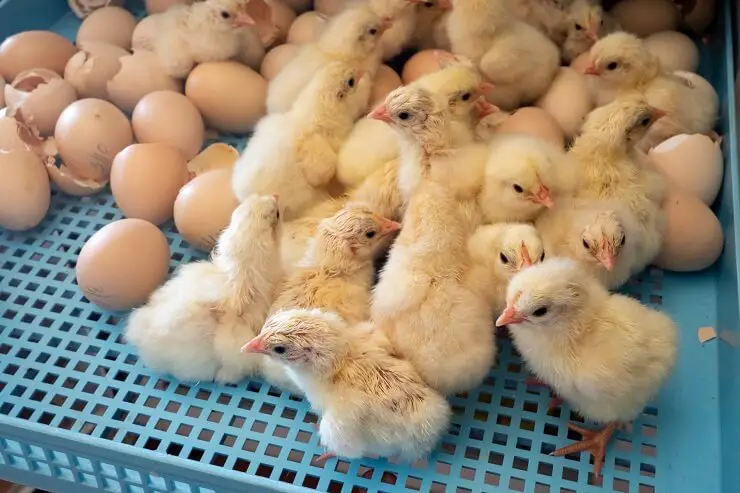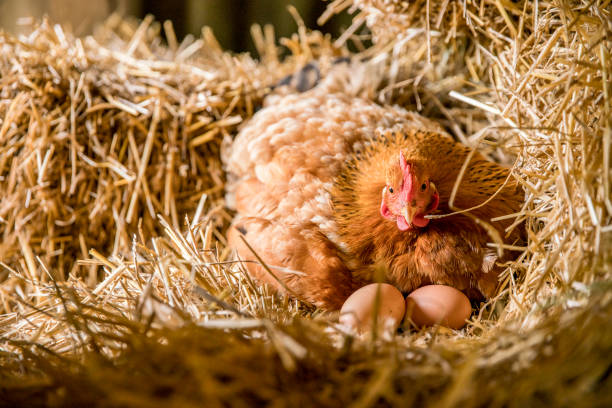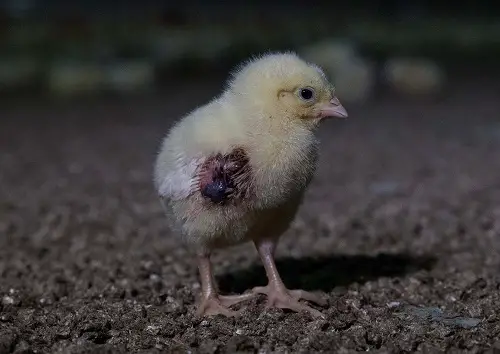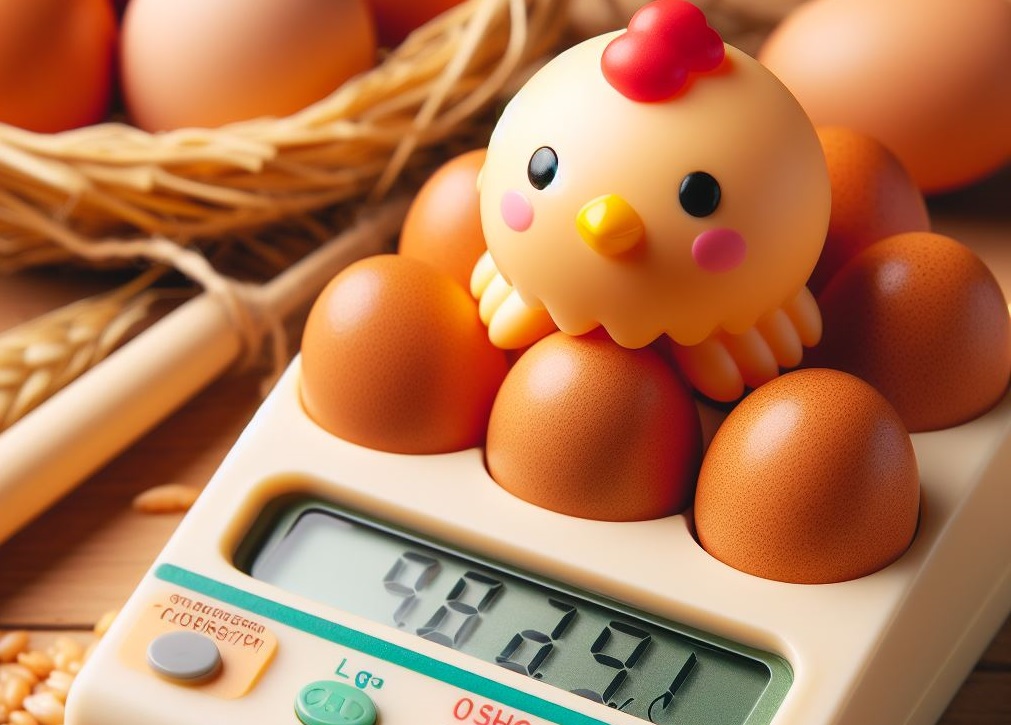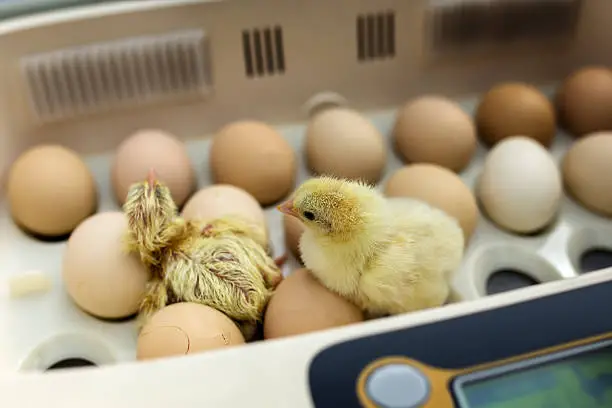Table of Contents
The success of egg incubation depends on proper care from the time the eggs are collected until they hatch, resulting in healthy and vigorous chicks. Some of the factors that should be taken into account during incubation are temperature, turning, humidity and others regardless of the size and type of incubator used.
In some cases, poultry producers do not have enough space to incubate all the eggs that their breeders produce and if this is your case, it is best to select the eggs with the most chances of hatching, that is:
- Select eggs from healthy and well-developed breeders.
- Avoid very large or very small eggs, as the large ones do not hatch well and the small ones produce small chicks.
- Avoid eggs with cracked, thin or deformed shells.
- Incubate only clean eggs, as these eggs must not be washed.
- If on the other hand, you wait several days to collect enough eggs for your incubator, you should consider that the chances of a successful incubation are maintained until 7 days, after these days those chances drop quickly. Therefore, it is recommended that eggs to be hatched are not stored for more than 7 days.
Care During Egg Collection and Storage
Before the incubation begins, the embryos are already developing and it is necessary to give them the proper care, from the time they are collected until the incubation ends. Some tips to collect eggs correctly are:
- Do three (3) rounds of egg collection a day, and if temperatures exceed 29°C, do five (5) rounds daily.
- Store the eggs at a temperature no higher than 12°C, in a humid area and with the smallest end facing down.
- Turn them once a day until they are taken in the egg incubator.
- Allowing eggs to be heated to room temperature on their own before incubating them, as taking them from a temperature of 12°C to 37°C in the incubator can lead to a weakening of the shell and therefore become more sensitive to disease.
Tips for Incubation
During the incubation process, the eggs should be turned 4-6 times a day. Three days before hatching, the eggs should not be moved as the embryos are being placed in the hatching position. If your incubator has an automatic egg turner, you should not worry about this, but if not then when turning the eggs you should make sure you have your hands completely clean and do it carefully because if they shake too much it can damage the embryos.
As regards temperature, this should be around 37°C. Ensure that there are no variations because no matter how minimal they are, they can reduce the success rate of hatching. And the same happens with the humidity, which should range between 40-50%, while in the last period of incubation it should be 65% because it is when the egg has exhausted its water reserves and requires more moisture to soften the membranes and facilitate the exit of the chick.
The benefits of maintaining a correct temperature of the embryo during incubation are:
- Fewer waste or dead chicks
- Reduction of embryonic lesions
- Reduction of embryonic mortality
- Reduction of mortality during the first week of life
- Improve the weight of the chick at birth
- Improve production rates during the first days of life
Cleaning and Disinfecting the Incubator
Finally, it is important to know that by properly cleaning and disinfecting incubators, there is greater control over diseases. Thus, it is important to remove eggshells, feathers and any dirt in the incubator before each use. In addition, special disinfectants can be used for the incubator and hatching trays. See the recommended disinfectant below.
By taking into account all the conditions that have already been mentioned, the hatching rate is more likely to remain high, thereby achieving greater productivity and profitability in your hatchery business.

